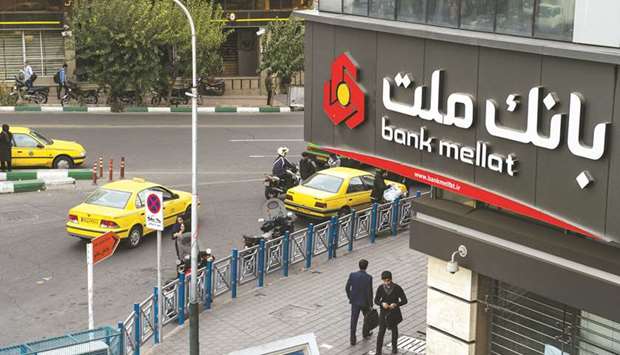Savings accounts offered by Islamic banks linked to a lottery or a raffle on top of profit-sharing payments are becoming increasingly popular in the industry as a product to attract new retail customers, particularly in times of low profit levels.
A so-called prize-linked savings account – also called lottery-linked savings account – is an incentivised savings account where a part of the profit payments on deposits are distributed as prizes among account holders based on chance. They are attractive to consumers as they offer the opportunity to win a large prize while the savings are never lost, unlike in a conventional lottery. And such accounts can mostly be opened with low minimum savings which makes them even more attractive to retail customers.
As an example, for every 100 dollars deposit in a lottery savings account, savers earn an agreed-on profit rate – which is naturally lower than non-lottery linked accounts – plus one entry to a regular raffle of a prize scheme with top prizes reaching in the 100,000 to millions and smaller prizes down to 1,000s, collected from the total profits.
Such prize-linked savings accounts have some interesting characteristics, especially in the field of behavioural economics. Banks are in fact gamifying savings which appears to work because it makes saving more fun for certain population brackets which are willing to forgo a part of the profit-sharing payments for the opportunity to win a much larger prize. Particularly among people who normally don’t save or have relatively low savings, demand for prize-linked savings accounts seems to be the highest which makes such accounts a perfect vehicle for banks to attract new retail customers.
US studies also show that prize-linked savings accounts are also popular among those with higher debt levels and no other savings accounts, which is exactly the population that governments would like to encourage to save more.
Now, here some might say that there is an aspect of gambling in such accounts, which could be a concern for their Shariah compliance. Indeed, some scholars argue that it was unclear in how far awarding such prizes is justified as the vast majority of depositors would not receive them, which would be an aspect of gambling rather than risk-sharing. However, others say that awarding such prizes was halal since they would serve a much greater purpose than the simple excitement of gambling.
After all, these prizes would replace set interest payments, which are forbidden under Shariah law, and Islamic banks would encourage saving by those who want to remain Shariah-compliant with such
accounts.
As a general rule in Islamic finance, it all depends on a jurisdiction’s interpretation of Shariah law. In Iran, the world’s largest Islamic finance market by assets, prize-linked savings accounts are the most common form of savings accounts available to the public, as they are viewed as a “gambling-free lottery” in compliance with Islamic law by Iranian scholars. They are also offered in other Muslim countries, namely Indonesia, Pakistan (where the State Bank of Pakistan also offers prize-linked state bonds, or sukuk), Oman, UAE and Turkey.
There are also new related products emerging, for example prize-linked, Shariah-compliant loans. Thereby, the winner of the lottery receives the prize as an interest-free loan from the bank, and buyers of tickets get their money back after the winner’s repayment of the loan. It is also being extended in the charity space, for instance as prize-linked charity as an incentivised form of zakat or as support of non-profit and social organisations.
Analysts say that prize-linked banking products are particularly beneficial for countries where much of the money is out of the system and the share of unbanked people is high, such as in Iran and in developing Muslim countries through their emphasis on savings rather than spending and their feature to integrate those into the financial system who used to be excluded from it.

Lottery-linked savings accounts new trend in Islamic banking
